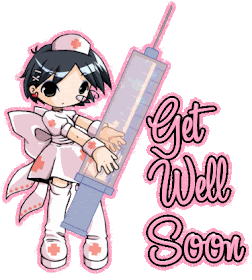everything will be okay

if you're in crisis, please do not hesitate to seek help - most of the numbers below are available 24/7!!
if you are not currently in crisis but need someone to vent to, you can email me at sage_listens@yahoo.com. if you do not want a response to your email, please put "don't reply" in the subject line.























.png)





















































 what is menhera?
what is menhera? 
Menhera (メンヘラ) is an abbreviation of “Mental Healther”, a name given to the members of the mental health community, and refers to a subculture centered around a certain style of vent art and fashion originating in Japan. However, because of the social stigma towards mental health issues, some may abuse the term in a negative context. Adding “kei” (系, “type” suffix) makes the term refer to the degoratory stereotypes associated with those who are Menhera, so using the term "menhera-kei" is discouraged.
the origin of menhera (menheratic on tumblr)
menhera/yamikawaii "dictionary" (article from lafary shop listing commonly used words/phrases in menhera fashion)
menhera chatbox (facebook group)
"mental health & misinformation: history, advice & debunking myths about menhera" (youtube video)
"menhera fashion is opening conversations around mental health" (vice article)
"mentally ill and cute as hell: menhera girls and portrayals of self-injury in Japanese popular culture"(a more "scholarly" article on menhera)
menhera TV (youtube channel with makeup, diy, and music playlists)
menhera discord group (chat with other people in the community)
tophatcat's menhera coords (outfit inspo)
/// related jfashion info: ///
an (incomplete) girly kei substyle guide (menhera has started to bleed into girly kei, and personally i love how the blend of the two looks! i'm also a big fan of dark girly kei)
 “jirai kei” and the history of girly kei fashion stereotypes" (unfortunately, menhera is not the only jfashion that faces negative stereotypes. "landmine girl" is yet another derogatory term for those with mental health struggles, but with a very specific connotation. interesting/informative read.)
“jirai kei” and the history of girly kei fashion stereotypes" (unfortunately, menhera is not the only jfashion that faces negative stereotypes. "landmine girl" is yet another derogatory term for those with mental health struggles, but with a very specific connotation. interesting/informative read.)
"there is a theory that mass-produced landmine fashion has its roots in sweet lolitas and gothic lolitas" (an article by bisuko ezaki, creator of menhera-chan, about "jirai kei", less focused on the stereotype and more focused on it's link to lolita as an "entry/starter" style for younger people interested in harajuku fashion)




 mental health resources
mental health resources 
DSM 5 (diagnostic & statistical manual of mental disorders) - i know being labelled with a disorder can be stigmatizing, but knowing what disorder your particular symptoms align with can be really helpful because it can tell you what type of help to seek out. 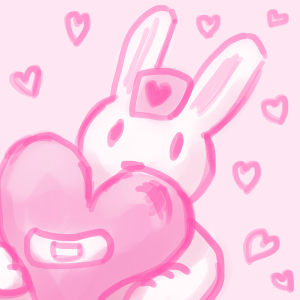
spoon theory (original article)
therapist aid (free CBT & DBT worksheets and other resources)
SAMSHA behavioral health treatment services locator (secure & anonymous way to search for mental health care providers, U.S. only)
a to z of psychiatric meds (helps to make an informed decision about the medication you take)
how to recognize gaslighting (learn how to spot it as well as how to deal with it)
daily strength (online mental health support groups)
"the tribe" wellness community (online support groups for those struggling with anxiety disorders)
eating disorder hope (online support groups for those struggling with an ed)
after silence (site for survivors of r*pe and sa with message boards and chatrooms)
7 cups (chat/vent to volunteers 24/7, self-help guides, and affordable online therapy)
relax online - stress analyst (free program to help you calm down after a stressful experience)
the free mindfulness project (guided meditation resources)
 digital wellbeing (learn how to have a healthier relationship with the internet)
digital wellbeing (learn how to have a healthier relationship with the internet)
explore livecams (if animals cheer you up, here you can watch live feeds of puppies, kittens, etc.)
strxbrrymilk's mental health things! (another page with a list of resources, mainly self-help)




 my favorite shops with menhera goods/clothing:
my favorite shops with menhera goods/clothing: 
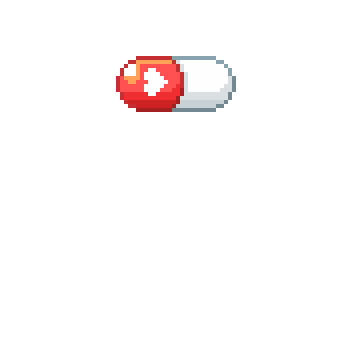





 reminders/things i need to work on:
reminders/things i need to work on: 
⊳ medication compliance, because withdrawls suck
⊳ eating 3 regular meals a day - if not a full meal, at least a snack
⊳ trying to cook more often rather than ordering food all the time. it will probably be healthier and i'll also save $$
⊳ doing chores around the house (cleaning room and doing laundry more often)
⊳ no more sh relapses!!! when i'm upset i need to try to utilize better coping skills< 
⊳ going outside more often/not isolating indoors
⊳ my intrusive thoughts are not true! the majority of them are due to trauma or are projections onto others of my own fears and insecurities. don't listen.




 my mental health quiz results:
my mental health quiz results: 
Mental Health Screening
Social Anxiety Test

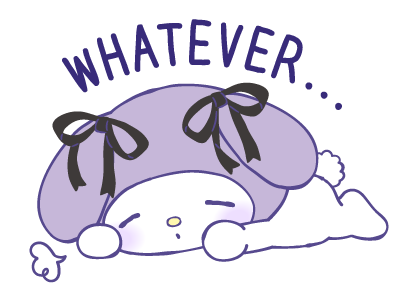


 menhera FAQ
menhera FAQ 

 Q: why does some menhera art/fashion feature medical imagery (i.e. needles, nurses, IV drips etc.)?
Q: why does some menhera art/fashion feature medical imagery (i.e. needles, nurses, IV drips etc.)?
 some common attitudes, not only in Japan but across the world, are that: mental illness is "all in your head" and you can easily "get over it", mental illness is not as serious as physical illness
some common attitudes, not only in Japan but across the world, are that: mental illness is "all in your head" and you can easily "get over it", mental illness is not as serious as physical illness  (because the symptoms are less tangible), people with mental illness are just weird or lazy, etc. so, medical imagery in menhera culture originally started as a way to call those stereotypes into question and to symbolize that mental illness is just as real and serious as any physical ailment. that is not to say that people with mental illness never deal with hosptals, pills, or injections, because they often do, which makes the medical themes even more understandable for the style.
(because the symptoms are less tangible), people with mental illness are just weird or lazy, etc. so, medical imagery in menhera culture originally started as a way to call those stereotypes into question and to symbolize that mental illness is just as real and serious as any physical ailment. that is not to say that people with mental illness never deal with hosptals, pills, or injections, because they often do, which makes the medical themes even more understandable for the style. Q: if menhera is making mental illness kawaii, is it "glorifying" mental disorders?
Q: if menhera is making mental illness kawaii, is it "glorifying" mental disorders?
 spreading awareness and understanding. the reason the art and fashion is often kawaii is because it makes these difficult subjects more approachable to people outside of the community. people who do use the term menhera to "glorify" the negative side of mental illness usually don't have a full understanding of the subculture and probably saw the term floating around on tiktok, tumblr, etc. (far removed from its original source).
spreading awareness and understanding. the reason the art and fashion is often kawaii is because it makes these difficult subjects more approachable to people outside of the community. people who do use the term menhera to "glorify" the negative side of mental illness usually don't have a full understanding of the subculture and probably saw the term floating around on tiktok, tumblr, etc. (far removed from its original source). Q: i've seen some menhera fashion and art depict self harm. how can that have a positive impact?
Q: i've seen some menhera fashion and art depict self harm. how can that have a positive impact?
 see self harm in menhera fashion and art because it's part of the "ugly" reality of mental illness, and because it is much more of a healthy coping mechanism to depict the act than to actually do it.
see self harm in menhera fashion and art because it's part of the "ugly" reality of mental illness, and because it is much more of a healthy coping mechanism to depict the act than to actually do it. 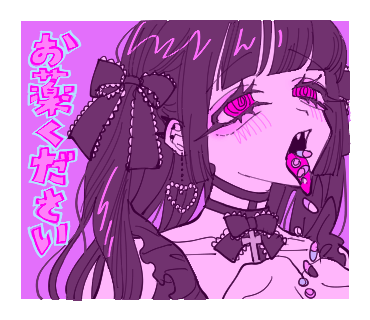




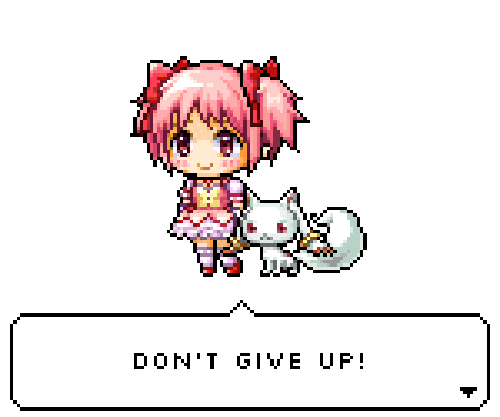

.gif)
